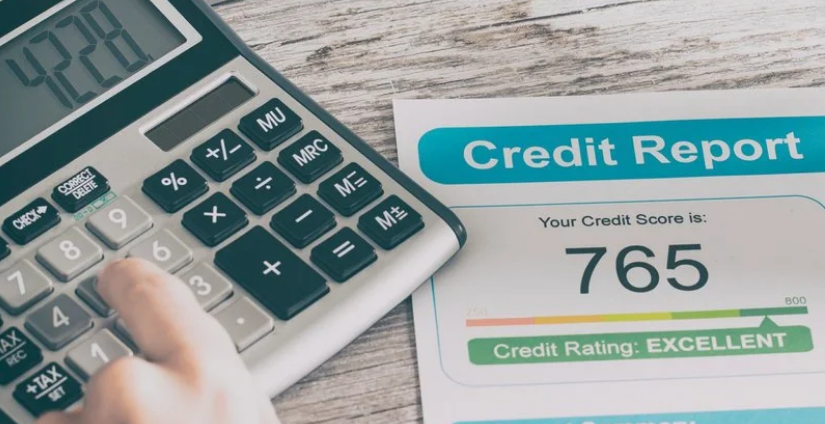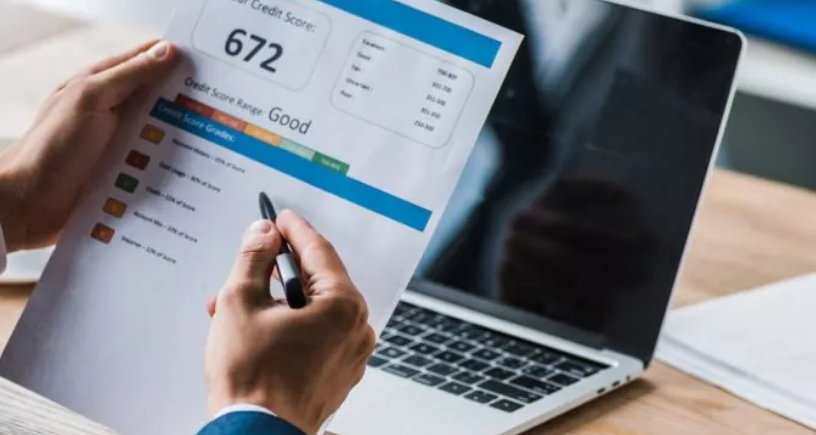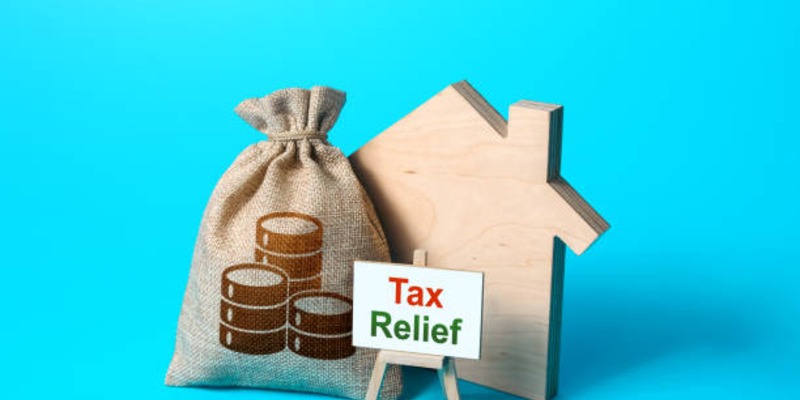Comparison of Business Credit Reports and Consumer Credit Reports
Nov 02, 2023 By Triston Martin
When it comes to individuals and businesses, credit reports serve the same purpose: to inform potential lenders about your creditworthiness and enable them to assess the risk they are taking by providing credit to you or your firm under "buy now, pay later" terms. There is a wide range in their contents and how they are utilised.
Information about a company's financial health, ownership and subsidiaries, credit risk, and any liens or bankruptcies that may have happened are all included in a business credit report. A company's credit history formally begins when it is founded and given a federal tax identification number. In contrast to personal credit reports, company credit reports are open to the public.
Information regarding an individual's loans and credit cards is included in a consumer credit report, but information on closed accounts, delinquent accounts, liens, and bankruptcies is not. Information on a company's finances, liens, subsidiary companies, and vendor payments are all included in a business credit report.
A company's business credit report is open data so anyone may see it. Personal financial information, such as loans, credit cards, overdue amounts, and liens on property, is only included in consumer credit reports.
"Permissible purpose" is an interest in obtaining information regarding a customer's credit history that isn't purely commercial. Equifax, Experian, and Dun & Bradstreet are the three major credit bureaus that provide business credit reports. Consumer credit reports are provided by three companies: Experian, TransUnion, and Equifax.
Reports on the Credit of a Company
For business loans, owners need to avoid using their finances as collateral. Once an incorporated or LLC company has a federal tax identification number, business credit agencies can begin tracking trade credit and other credit activities. Trade credit from suppliers allows businesses to buy now and pay later. Trade credit payments are reported to the credit reporting agencies of the company.
Your Social Security number serves as a link to your personal credit history. Your Employer Unique Identifier (EIN) or Tax ID Number, which is how the government recognises your business for tax purposes, is linked to your business's credit history. It is possible to apply for an EIN and obtain it relatively immediately on the internet. A sole proprietorship does not require an EIN for tax purposes, but establishing business credit necessitates that you do so.
How likely is it that something will happen?

Equifax, Experian, and Dun & Bradstreet, following FICO, generate company credit scores based on previously given data. In contrast to consumer credit scores, which are based on a single methodology and algorithm, business credit scores have a far more comprehensive range of possible scores.
When negotiating business conditions, suppliers and vendors alike need data like Dun & Bradstreet's PAYDEX, which monitors a company's payment speed. Using Experian's Intelliscore Plus, lenders may see if your firm is at risk of sliding into debt in the next year.
Consumer credit reports can be obtained free from the credit bureaus, while business credit reports must be purchased. Businesses in the United States are not required to acquire a free annual credit report. Some free information can be accessible on websites like CreditSignal.com (for Dun & Bradstreet) and Nav.com, which charge a fee for a copy of your credit report.
Individuals' Credit Ratings

The Fair Credit Reporting Act defines a "permissible purpose" as someone with a legitimate reason for requesting your credit report. Upon completion, you will receive a piece of information that contains the following details:
Lenders use the credit bureaus' scores to assess your creditworthiness. The Fair Isaac Corporation's methodology and algorithms are commonly employed by all three major credit bureaus when calculating your FICO score.
One free credit report from each of the three major reporting agencies is supplied to every consumer by the FCRA every year. Annualcreditreport.com is the official website where you may view a copy of your credit report. Additional steps are required to obtain a credit score that is not part of the conventional credit report process.
Take into account the considerations
Owners of businesses are best suited to establish each company's credit profile. Lenders will use the personal credit history of the business owner to determine credit risk, which may limit the company's ability to secure the finance it needs to grow.
Although the company is a separate legal entity, the owner is still personally responsible for any loan commitments until the company establishes a corporate credit profile. Firm loans are much less likely to be authorised without a personal guarantee signed by the business owner.








